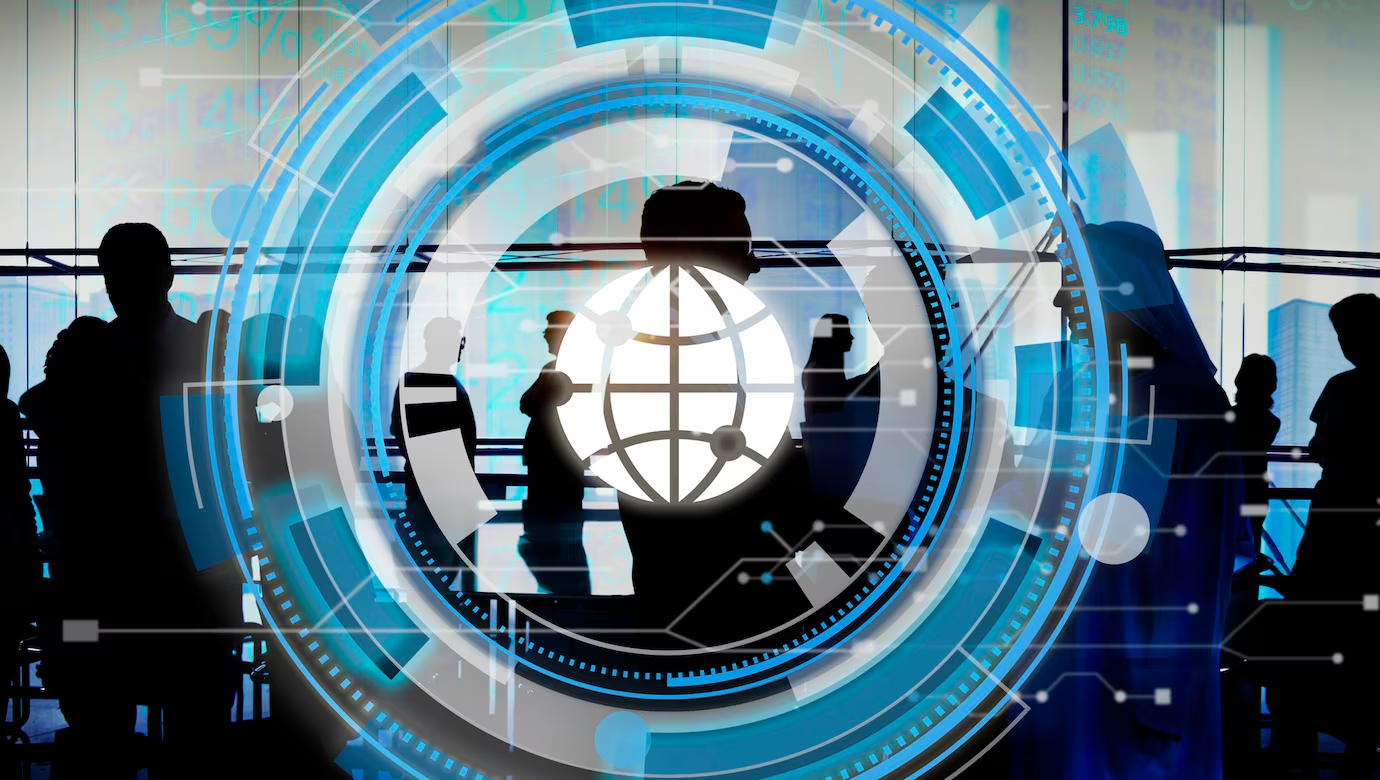
Top Cybersecurity Threats in 2024 and How VPNs Can Help
Cybersecurity is one of the most important concerns of every digital user and government in the world in 2024. The evolving threats that target individuals, businesses, and governments without compromise are becoming more dangerous, seemingly finding new vulnerabilities every day. To combat this rise of cybersecurity threats, measures must be taken. Some of the measures are quite simple such as using a VPN which can be akin to walking into a bad neighborhood with a bulletproof vest instead of a loincloth. In this blog post, we examine the most pressing issues concerning cybersecurity threats in 2024 and explain how a Virtual Private Network (VPN) can help mitigate these risks.
Top Cybersecurity Threats in 2024
The top cybersecurity threats that exist in 2024 are as follows:
1. Ransomware Attacks
Ransomware attacks aren’t a new threat but they are still dangerous in 2024. According to Statista, over 70% of businesses have been affected by ransomware attacks from 2018 until 2023. Such attacks are becoming more focused on critical infrastructure such as healthcare systems. They also target large enterprises. What happens in these attacks is that cybercriminals encrypt the files of the victim of the attack. This forces the victim to pay a ransom in exchange for the encryption key to make those files accessible again.
A VPN encrypts internet traffic which makes it more difficult for hackers to gain access to sensitive and important information through unauthorized access to one’s network. By connecting to remote servers the VPN adds a layer of security to one’s network.
2. Phishing and Social Engineering
Another type of cyber threat in 2024 is phishing attacks. Phishing attacks are when a cybercriminal tricks users into giving up sensitive information through fraudulent emails, websites, or other means of communication. This has now turned into a kind of social engineering attack where the emails and messages are personal and convincing making users more vulnerable to falling for them where they give up login credentials, credit card information, and personal data.
A VPN masks your IP address and encrypts your online communications, making it more challenging for attackers to track your activities. Some VPNs also offer phishing protection by blocking access to known malicious websites.
3. IoT Vulnerabilities
Now that smart devices are all connecting to each other through the Internet of Things (IoT), one system’s vulnerability can turn into another one’s weak point as well. IoT devices often lack robust security features, making them prime targets for hackers in 2024. Once compromised, these devices can serve as gateways to your home or business network. Using VPNs when it comes to a home or business network which encrypts all the incoming and outgoing traffic will make such cybersecurity attacks more difficult to pull off by malicious threats.
4. AI-Powered Cyber Attacks
In 2024, cyber attacks can be powered by artificial intelligence (AI). Though AI can be used for cybersecurity it’s like a two-edged sword. Cybercriminals can use AI to automate attacks and identify weaknesses in security systems. The problem with AI-powered attacks is that they are difficult to detect and can adapt to the victim’s defenses. By obscuring the user’s digital footprint, a VPN can make it more difficult for an AI to actually find vulnerabilities when their network is always encrypted.
5. Data Breaches and Privacy Violations
Data breaches are when attackers or insider threats find new ways to exploit a system and access large amounts of personal and financial data. Once stolen, this data is often sold on the dark web or used for identity theft. Using a VPN makes data breaches more improbable since hackers won’t be able to access personal information. By hiding your IP address and routing your traffic through a secure server, a VPN reduces the chances of your sensitive data being exposed to a breach.
How to Choose the Right VPN for Cybersecurity in 2024
Since there are so many VPN options available, it’s important for users to choose one that offers the highest level of security in 2024. Here are a few things to look out for:
- Strong Encryption: Use a VPN that uses AES-256 encryption, the most secure standard available.
- No-Logs Policy: Make sure that the VPN provider does not log your activity, keeping your data private.
- Kill Switch: A kill switch prevents data leaks if your VPN connection disconnects suddenly.
- Phishing and Malware Protection: Some VPNs offer additional protection against phishing sites and malware which is a great option in 2024.
- Multi-Device Support: The best VPNs allow you to use multiple devices. Choose a VPN that works on multiple devices, including smartphones, tablets, and desktops.
Conclusion
As cybersecurity threats grow in quantity and quality of danger posed to users, using VPNs becomes more and more important. By encrypting your internet connection, masking your IP address, and adding layers of security, a VPN helps mitigate the risks posed by ransomware, phishing, IoT vulnerabilities, and other emerging cyber threats. Protect your online security with HorizonVPN. Visit HorizonVPN.org today to stay one step ahead of cybercriminals in 2024.


